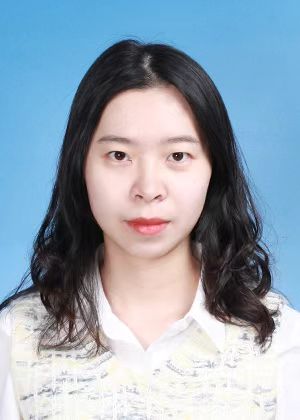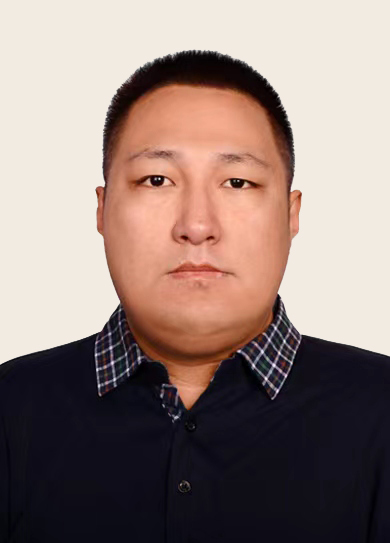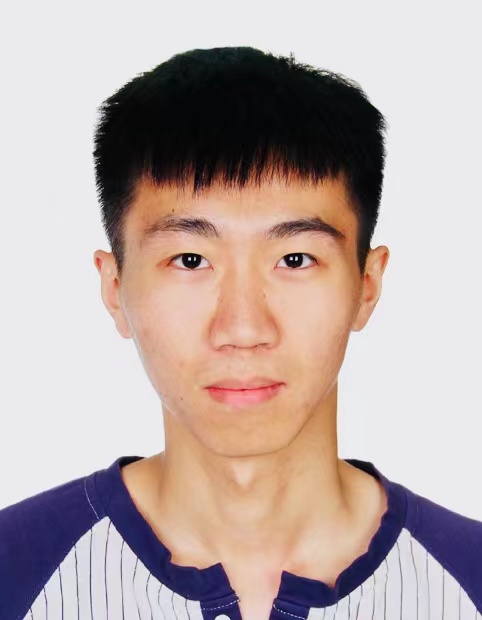This paper continues studying the impact of the immigration processes from the middle of the 19th century to the beginning of the 20th century on ethnic culture and religious life of urban residents in the north of Manchuria. Since China's anti-colonial movement led to the downfall of the Qing Dynasty, the beginning of Japanese aggression completely changed the lifestyle of the people in Northeast China. The research object is Hulan (Hulancheng), the average city in northern Manchuria. Literary essays of Chinese writer Xiao Hong addressing to the middle of the 1910s are the core of the study. “The Story of the Hulan River” (1938–1940) became the last work of Xiao Hong, which captured her memories of hometown. By comparing the materials previously studied by the Russian ethnographer P.V. Shkurkin (“Hulancheng”, 1902, “Hulan City”, 1904) and Xiaohong's text, the authors of the article record the dynamics of the unique ethnography, ethnic society, and ethnic and religious processes found in the North Manchurian town in the first half of the 20th century. This historical paradigm dynamically records deep inculturation and integration process of the religious beliefs of the urban residents in Northeast China, which is the result of their voluntary settlement and pursuance of ethnic and national unity. Xiao Hong's literary ethnography originated from the period of the communist movement and the resistance to Japanese aggression, which helped to re-enact the understanding of basic axioms of “us/them”, “motherland/outland” and “sacred/profane” by the people of Northeast China in the first half of the 20th century.
Key words: “Transfer to Guandong”, Northern Manchuria, immigration process, Hulancheng, ethnic and religious customs and traditions, assimilation, religious integration, Xiao Hong, shamanism, ancestor worship, literary ethnography
DOI: 10.22250/20728662_2023_1_165
About the authors
 |
Anna A. Zabiyako – Doctor of Philology, Professor, Head of the Department of Literature and World Art Culture, Amur State University; 21 Ignatievskoe shosse, Blagoveschensk, 675027, Russia, This email address is being protected from spambots. You need JavaScript enabled to view it. |
 |
Feng Yishan – Assistant at the Faculty of the Russian language, Changchun University; Changchun, PRC; This email address is being protected from spambots. You need JavaScript enabled to view it. |
 |
Zhou Xinyu – Postgraduate student of the Department of Literature and World Art Culture, Amur State University; 21 Ignatievskoe shosse, Blagoveschensk, 675027, Russia; This email address is being protected from spambots. You need JavaScript enabled to view it. |
 |
Liu Shi – Postgraduate student of the Department of Literature and World Art Culture, Amur State University; 21 Ignatievskoe shosse, Blagoveschensk, 675027, Russia; This email address is being protected from spambots. You need JavaScript enabled to view it. |






